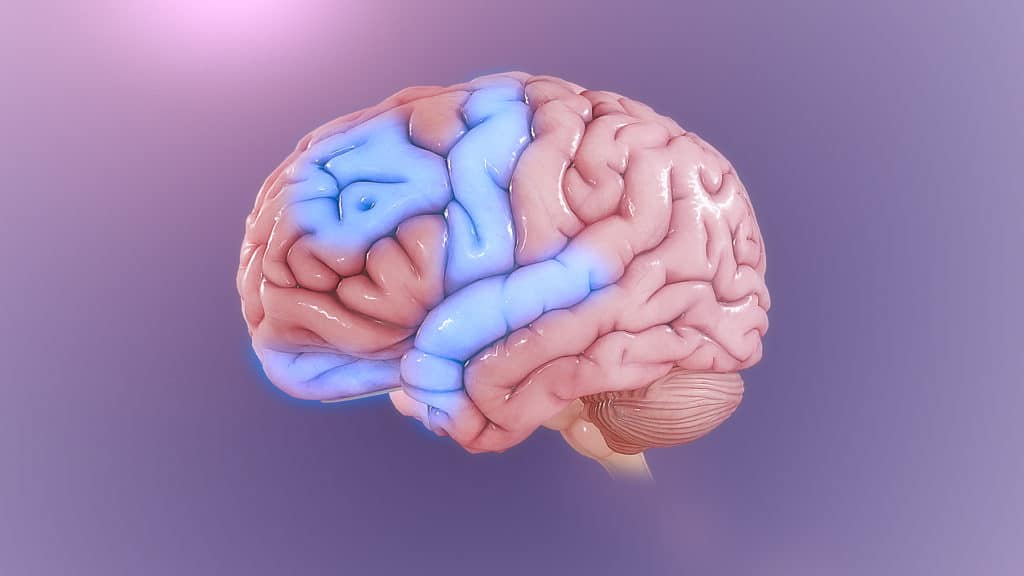Obsessive-Compulsive Disorder
Obsessive-compulsive disorder isn’t what most people imagine it to be. We asked experts to explain what’s really going on inside the brain—and how to find long-lasting relief.
Many of us have made a casual comment about obsessive-compulsive disorder, as in “I’m so OCD about washing vegetables.”
But for those who suffer from the disorder, obsessions (like a fear of germs) and compulsions (like disinfecting) can be debilitating.
OCD may be incredibly challenging at a time like this when public health messages intended to protect us from COVID-19 can reinforce germophobia— or amplify feelings of uncertainty, a component of the illness.
Obsessive-Compulsive Disorder Studies Results
“Studies are underway to determine how difficult the pandemic has been for those with OCD, but it’s safe to say that some people with the disorder are struggling right now.”
says Elna Yadin, Ph.D., an OCD specialist on the clinical faculty at the Perelman School of Medicine at the University of Pennsylvania
Does that mean that if you’ve become fanatical about sanitizing, you have OCD? No. “OCD is an anxiety disorder that causes intense distress,” Yadin explains.
“Obsessions are intrusive, unwanted, relentless thoughts or urges that can cause fear, guilt, distress, or disgust.
And to get rid of or neutralize those upsetting thoughts, a sufferer develops compulsive behaviors.
Disorder Numbers
The disorder, which estimates to affect one in every 100 adults in the U.S. (and equal numbers of men and women), can come on at any time.
However, it frequently occurs after a traumatic or stressful event and tends to hit in the preteen years or early adulthood.
Several genes have been linked to the disorder so that you can inherit a predisposition for OCD.
If a parent has it, there’s about a one in four chance her child will, too.
Because doctors often don’t recognize the condition, and sufferers tend to hide their symptoms, it typically takes 15 years or more for those in need to get help,
which is a shame since OCD can interfere with, or even debilitating, their ability to function.
The good news: Treatment can ease the disorder’s grip and transform people’s lives.
Conclusion
When you think about OCD, you might imagine someone whose hands are raw from excessive washing.
But the disorder isn’t about cleanliness. It’s about unwanted thoughts.
And the fear of germs is just one of the hundreds of disruptive thoughts that torment sufferers, says Jonathan Grayson, Ph.D., director of the Grayson LA Treatment Center for Anxiety & OCD in Pasadena, California.
Obsessions include everything from worry that you left the stove.
References
- Perelman School of Medicine at the University of Pennsylvania
- Grayson LA Treatment Center for Anxiety & OCD in Pasadena








